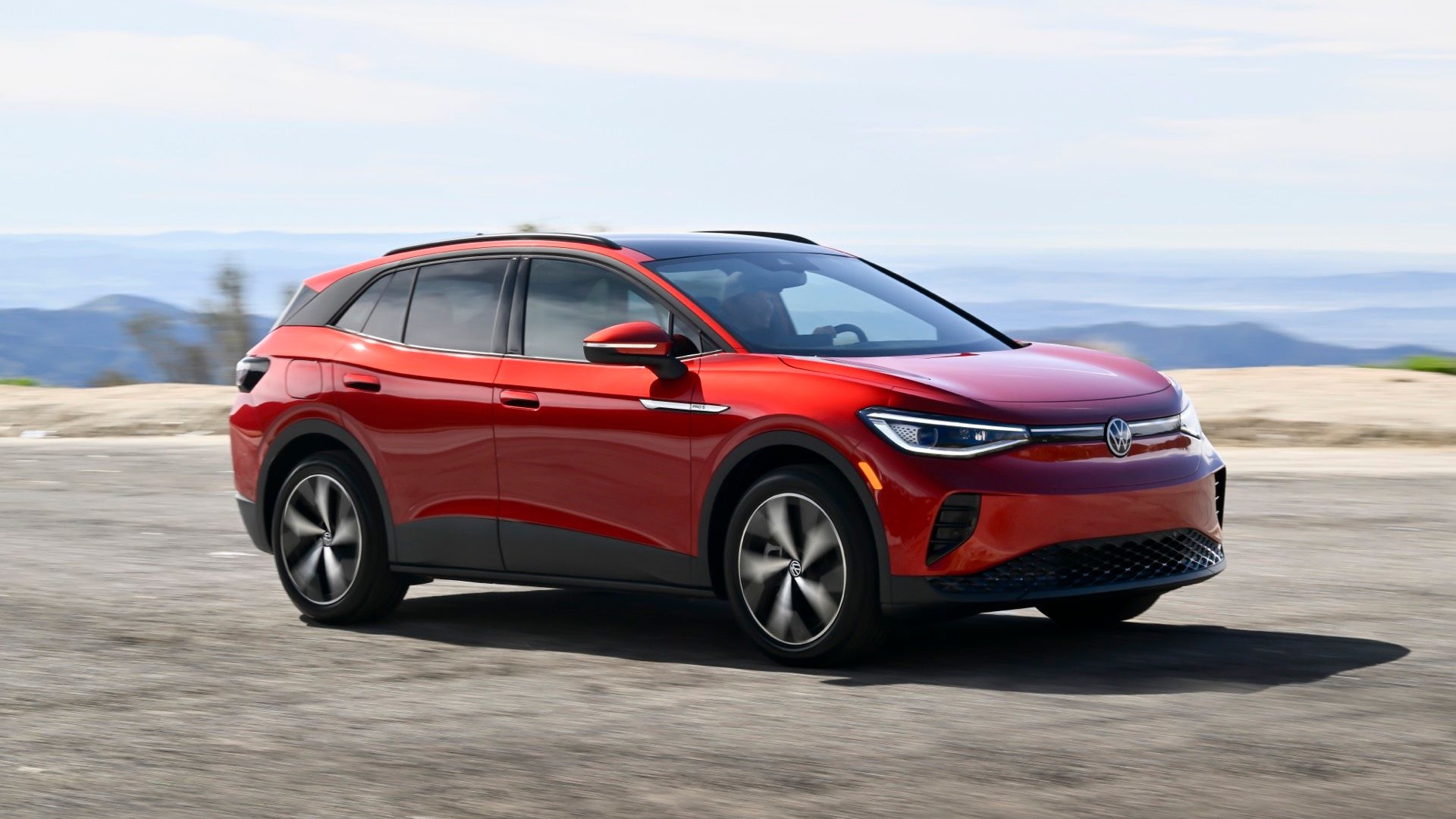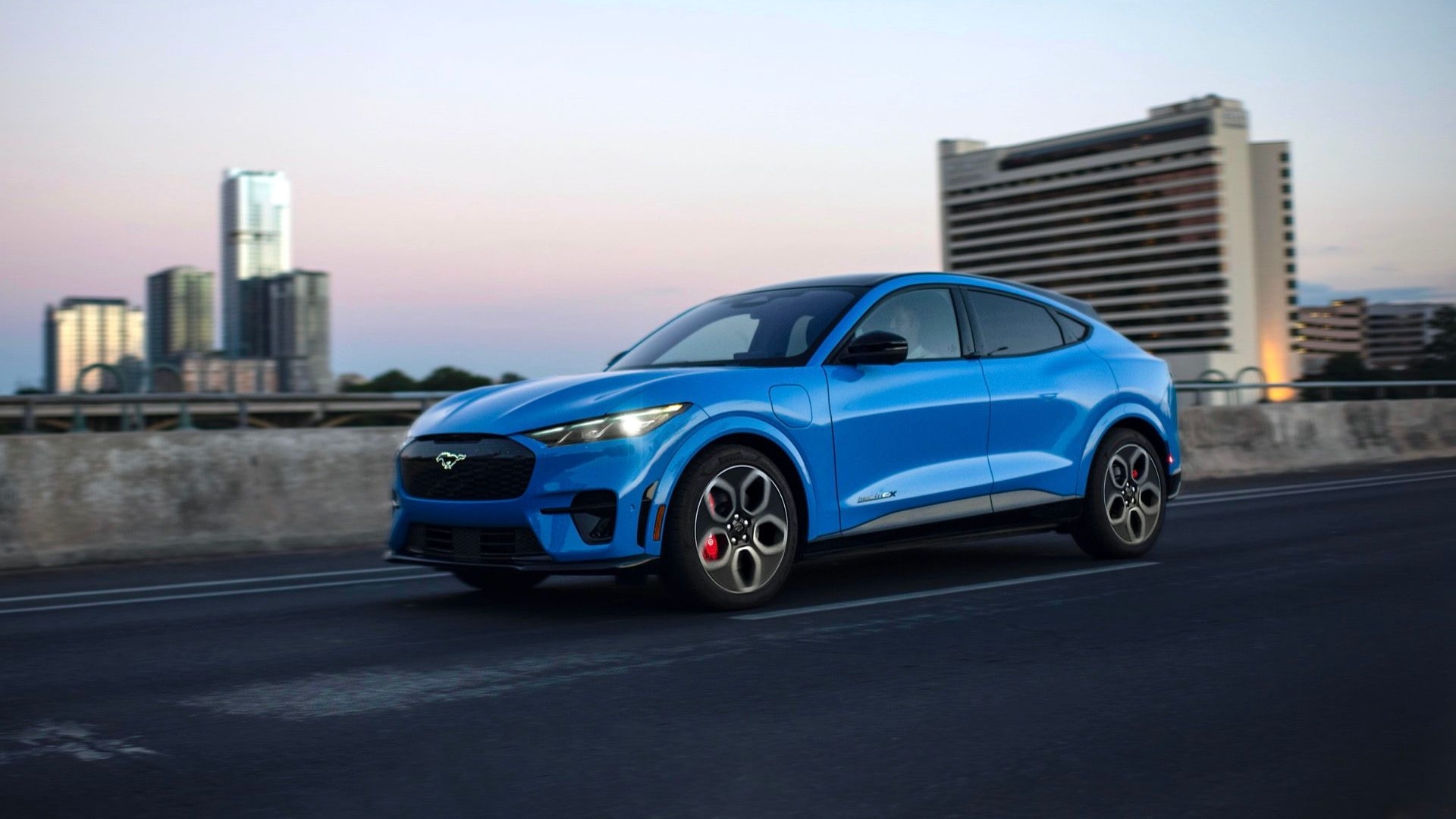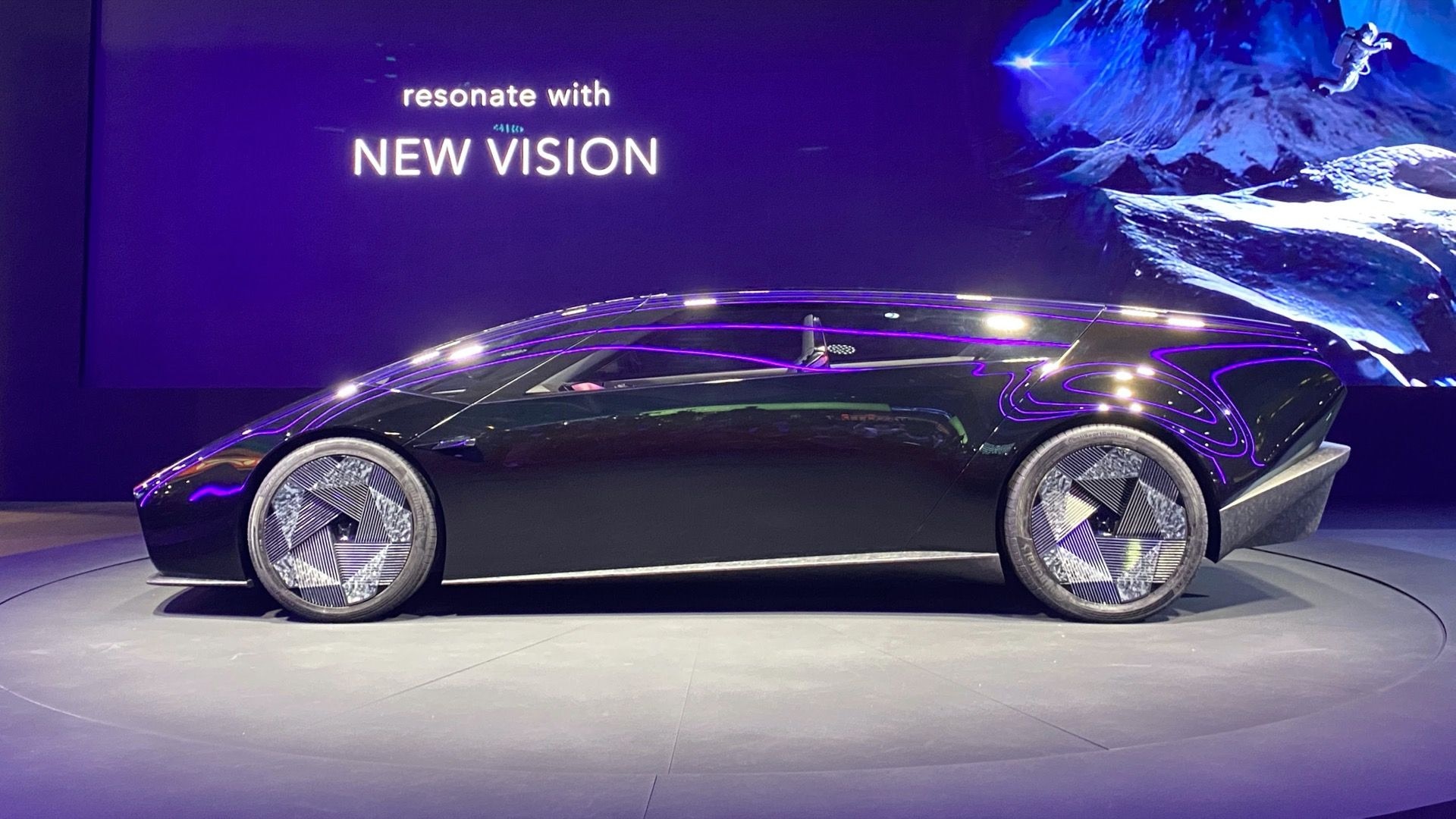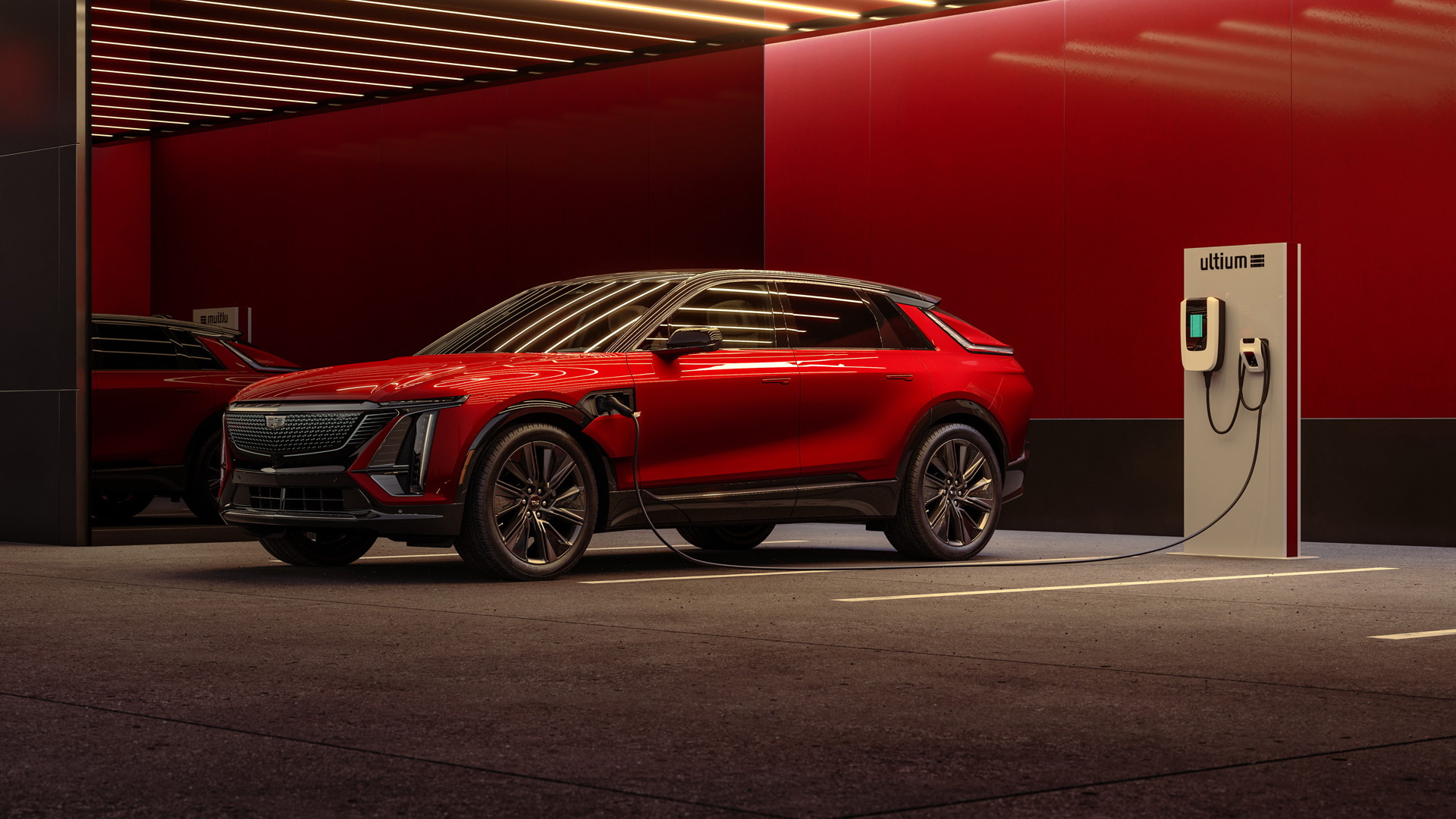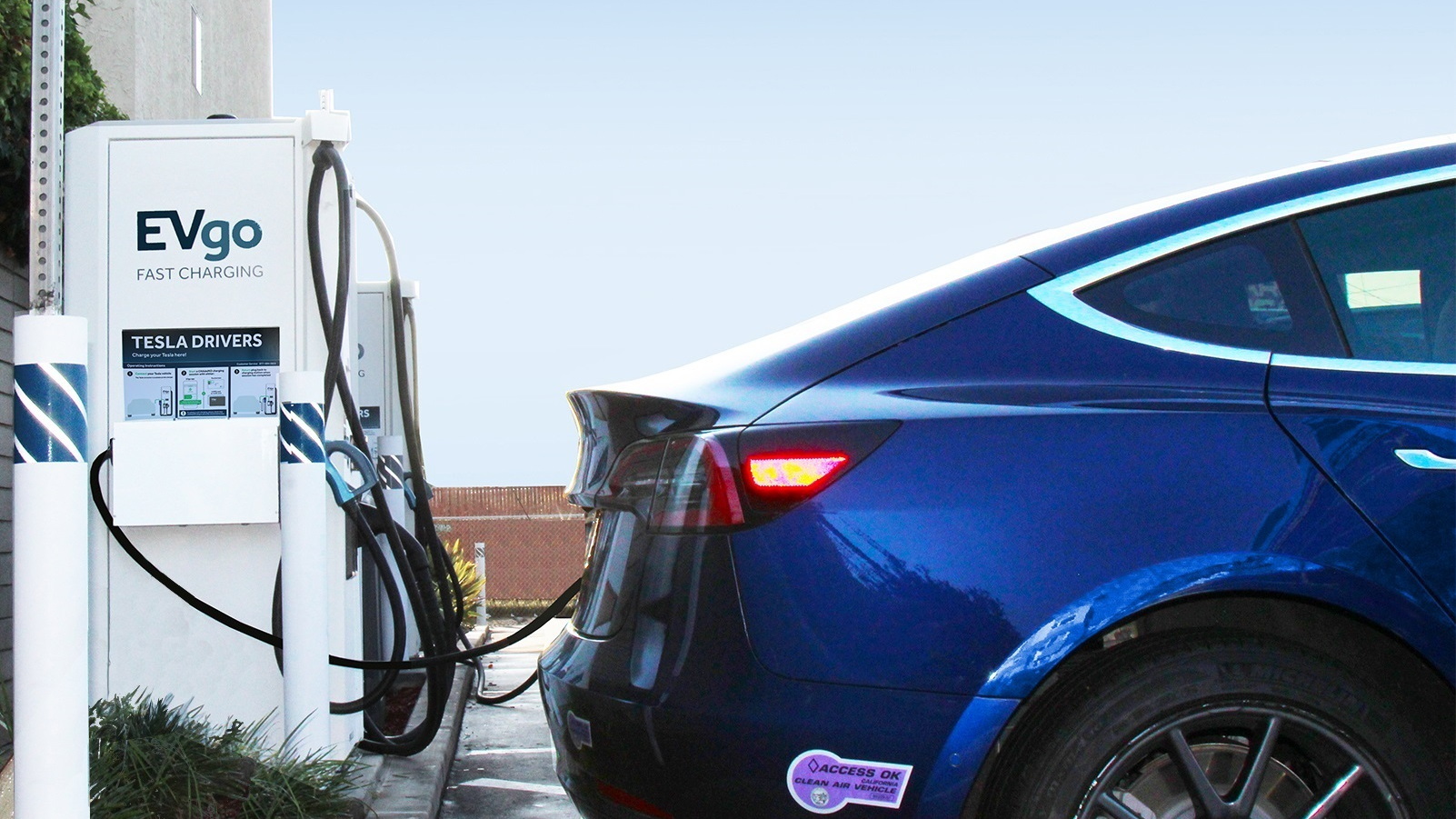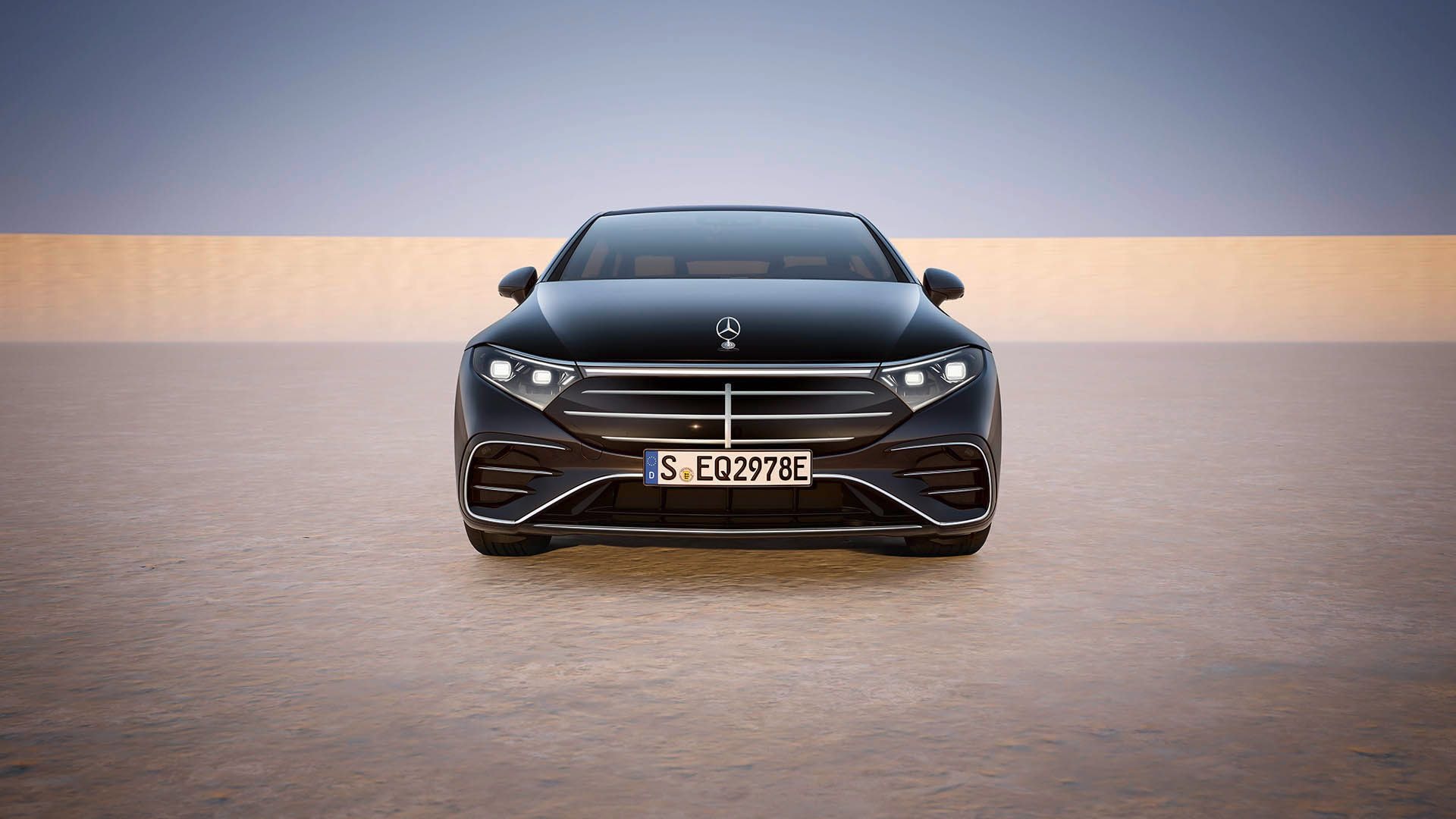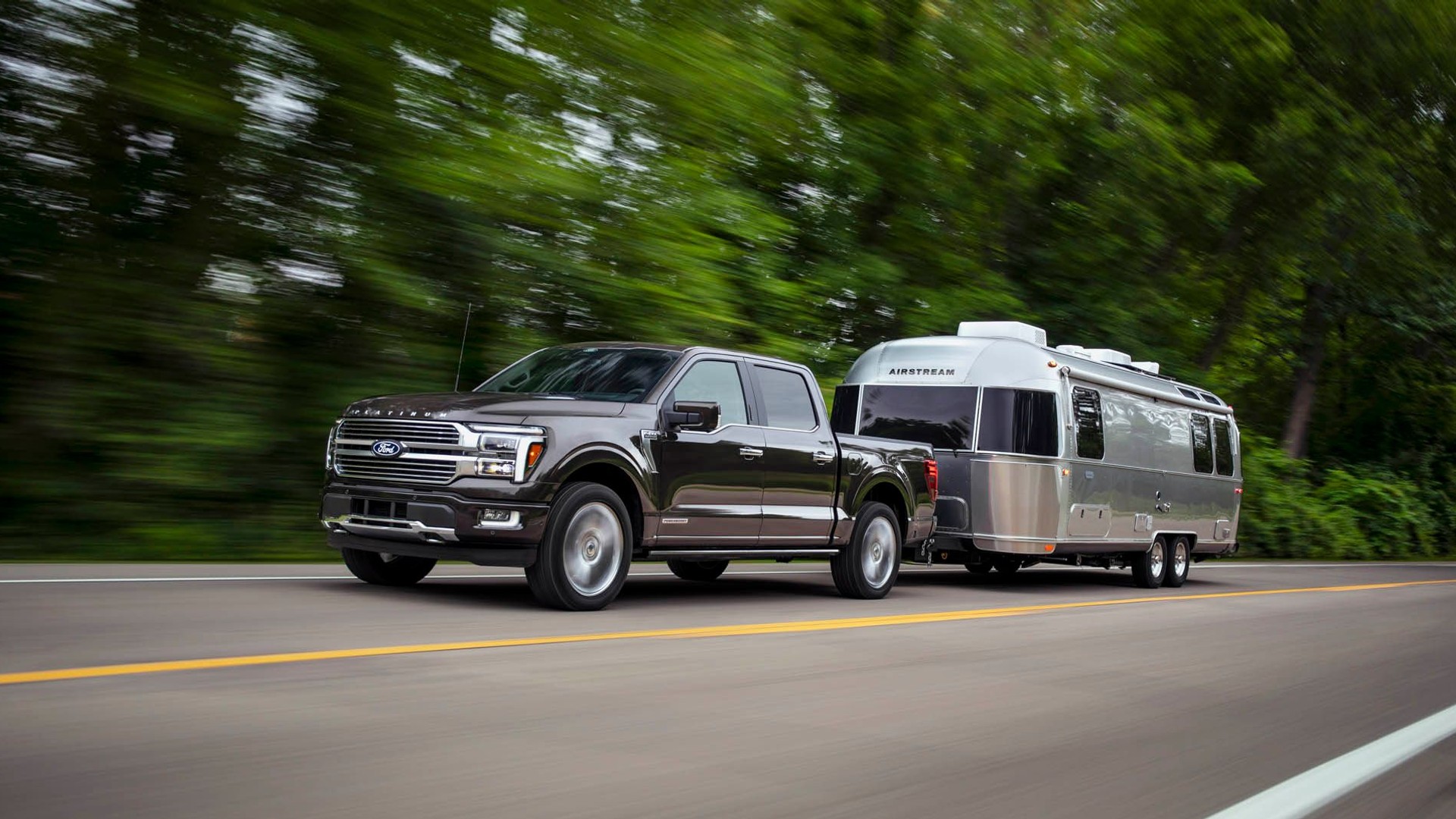This story has been updated to clarify Electrify America's steps to stabilize the affected charging units, and the as-yet-undetermined timeline to bring them back to full charging power.
Drivers of the Audi E-tron electric SUV aiming for a holiday-week road trip could be up for a longer wait at the charging station.
It's no fault of the vehicle, and it's not a widespread issue; but if you have an E-tron it would be cause for some advance planning. The charging network Electrify America today announced that it will temporarily reduce the power of 30 of its fastest (for current vehicles) 150-kw CCS DC stations due to concerns over a potential coolant leak.
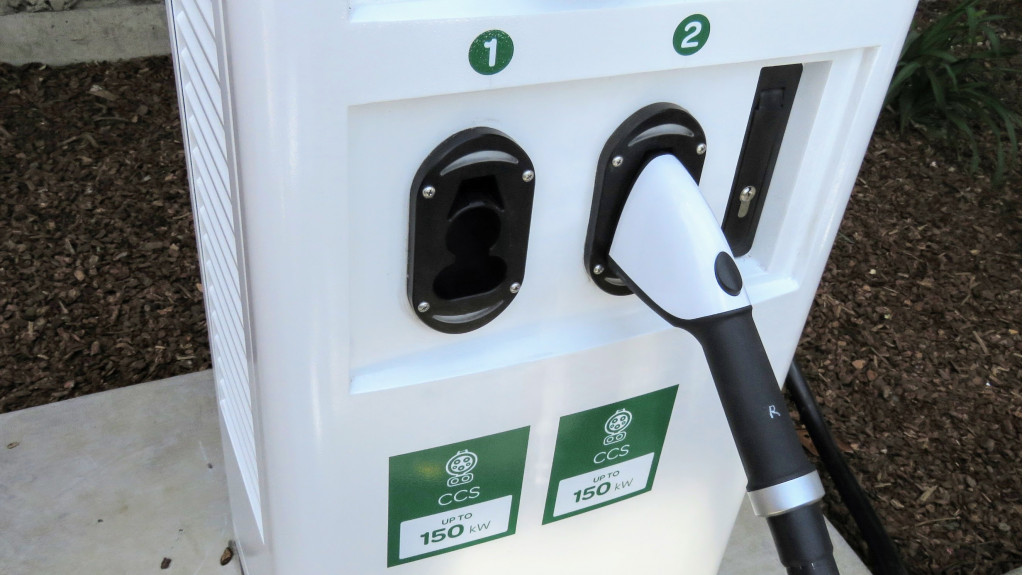
150-kw Electrify America charger - The Cannery, Sacramento CA
The affected systems, from the charging-hardware provider Efacec, have a built-in safety mechanism that will shut them down automatically if the coolant issue arises. In the meantime, to make sure they keep running, Electrify America is helping rapidly deploy a software update that will limit the output power of the chargers. It is following that up within the next week, with a firmware update and physical adjustments that together will be done by a technician.
The affected models, the HV160 and HV350, are capable of providing power levels of up to 160 kw and 320 kw, respectively. It's a global issue, not one specific to Electrify America.
Electrify America stresses that the issue affects liquid-cooled CCS connectors; CHAdeMO connectors aren’t impacted. They also emphasize that most of their charging stations—and most of their higher-power stations—are operating at full capacity.

Electrify America mobile app
Stations with reduced power will be indicated within the EA app, as well as on PlugShare. Session fees will be waived during this time, and chargers will operate with the lowest per-minute rate.
At present, E-tron owners might be the only ones to notice the difference. A few other new electric vehicles from Hyundai and Kia using CCS can go beyond 50 kw but not past 100 kw. The Kia Niro EV, for instance, will hit a claimed 100 kw for a brief time; and the Hyundai Kona Electric will top out at around 70 kw.
While these stations will be running and a functional part of the network for the foreseeable future, the slowdown might not be resolved in time for peak road-trip season. Electrify America is dispatching maintenance technicians to the affected stations for the firmware and adjustments, but a followup visit will be required to retrofit the hardware to Efacec's specifications—details and timeline yet to be announced.






